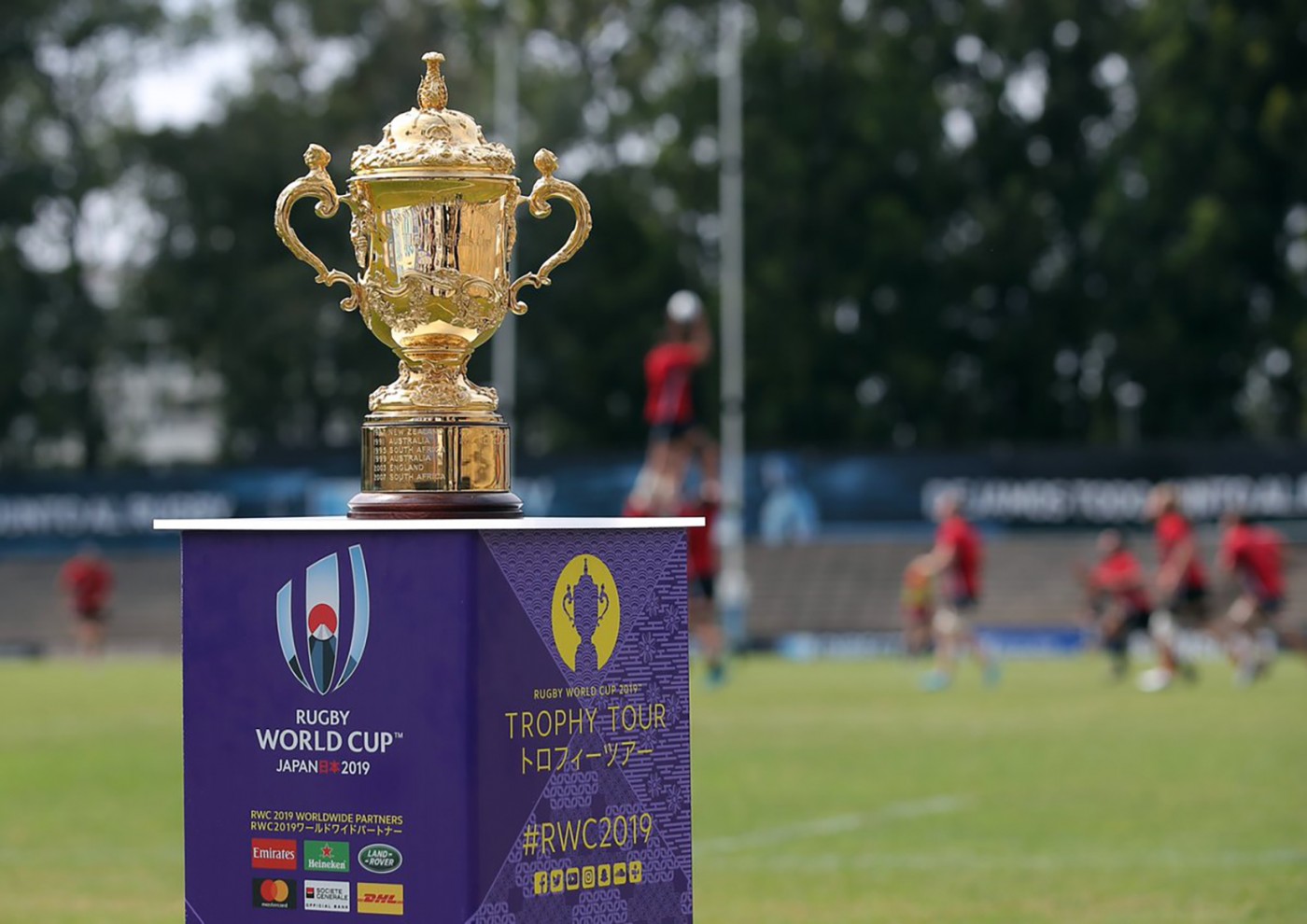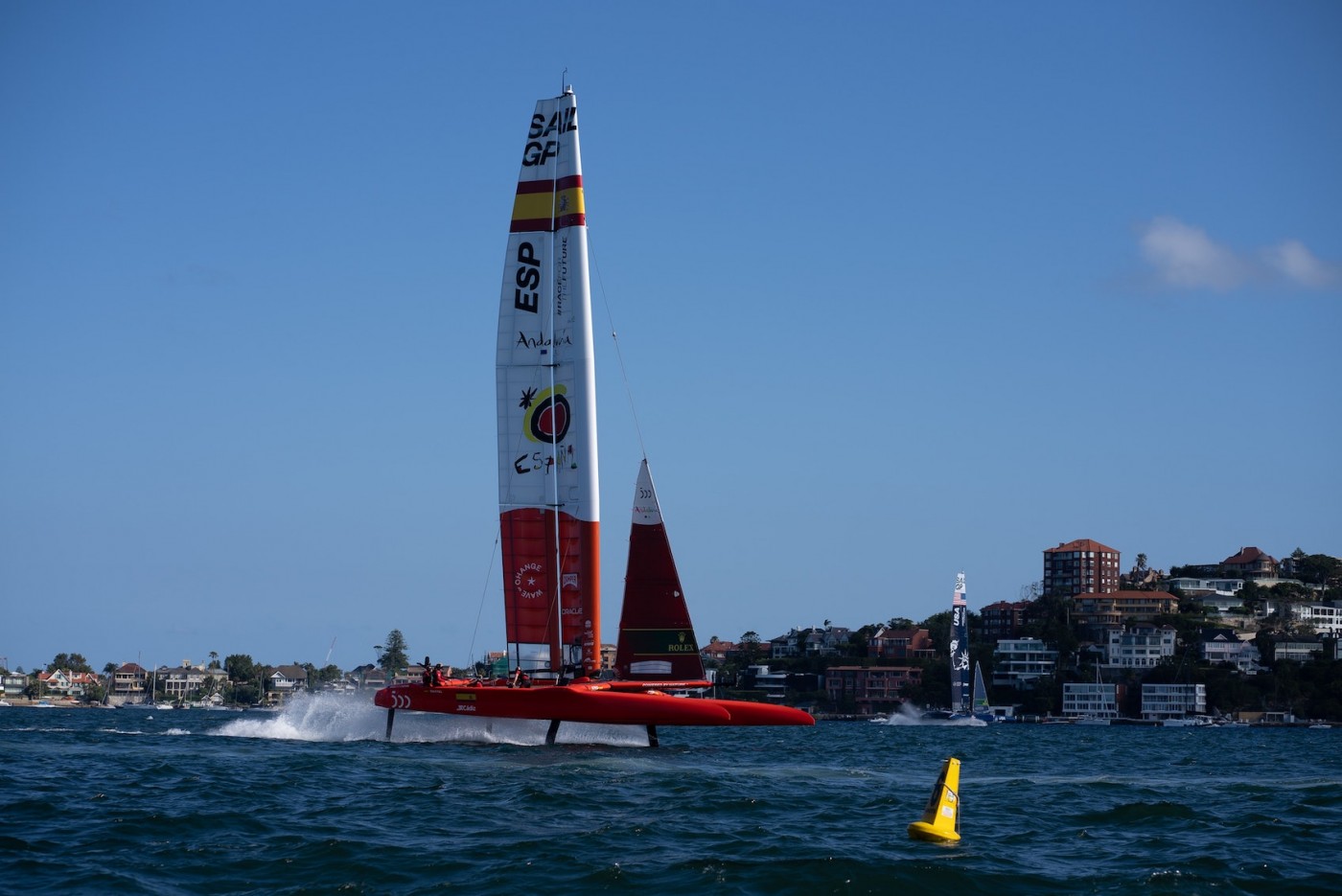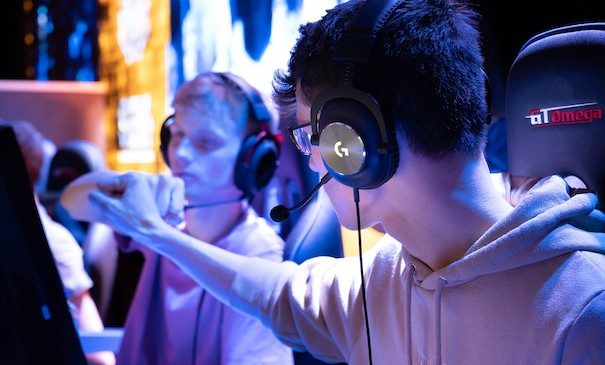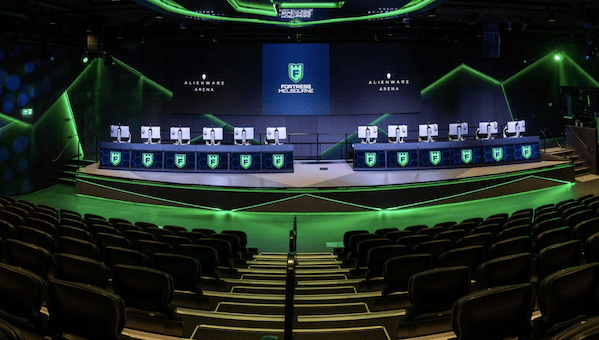Deloitte’s sports industry outlook report 2020 predicts the trends that they believe will dominate and disrupt the sports industry over the next 12 months. The report (which has a US skew) identifies five trends, namely 1) the rise of women’s sports, 2) the continued evolution of esports, 3) legalised sports betting in the US, 4) college athletes maximising their short-term value, and 5) 5G/sports in the cloud as the key ones to look out for. We share a little more detail on each of the sports industry outlook report 2020 trendsbelow.
1. The rise of women’s sport
There has been a groundswell that could represent a tipping point for women’s sports, powered by the increasing exposure of teams and athletes. Deloitte believes increased investment from sports organisations, brands and broadcasters are key to continued growth.
Women’s sports leagues have been largely modelled after men’s leagues. However, there are often unique aspects of women’s sports that create new and different opportunities. If leagues and teams can break the mould, embrace those differences, and engage fans in a new way then it could open up other growth avenues.
2. The continued evolution of esports
This is the third time in five years that esports has appeared among Deloitte’s top trends. In 2020, they expect that the esports landscape will continue its rapid evolution with an acceleration of relationships among teams, leagues, and players. They also believe that this year will be when traditional sports organisations fully establish effective business and broadcast models for their esports league counterparts.
Deloitte also expects more partnerships with streamers and brands integrating themselves more in-game. In addition, they expect esports organisations to better monetise fans by collecting first part data, analysing it and understanding fans them better, before leveraging via direct marketing, CRM and increased sponsorship.
3. Legalised sports betting in the US
14 states have, to date, legalised sports betting since restrictions were lifted in May 2018. As we get to the end of the first year of operation, we can now get a better read on if this business will be successful. One certainty is that legalised sports betting will increase the market for data—especially real-time data.
As part of growth, we’re likely to see sports analytics and data-capture capabilities improve as demands for a wider variety of bets is met. In-game betting will be a key driver of growth. We’re also likely to see factors common in other markets e.g. bookmakers signing league and team sponsorship deals to gain access to fan base data and competition IP. The expectation is that once 20 states legalise gambling, a national advertising campaign explosion will happen.
4. College athletes maximising their short-term value
In October 2019, the NCAA said it eventually intends to allow college athletes to earn compensation for the use of their name, image, or likeness. However, the NCAA is just starting to work out the details of how this compensation plan would play out. Although it may not happen in 2020, this move gives college athletes the opportunity to become their own brand.
If athletes are no longer forced to stick with all the brands with which their school/university is affiliated, this could potentially allow companies to capitalise on new branding and sponsorship opportunities. Although a balance needs to be found between what you can do in a personal capacity versus what you obliged to wear for your team. These developments will likely drive the need for a new form of agent and talent representation specifically for college athletes.
When college athletes gain the right to use their brand, some will probably not yet be of the legal age for signing contracts. This could mean parents, guardians, or other parties will have the right to make decisions for them. Also, if college athletes begin receiving compensation, another issue is the burden this may place on taxpayers for public institutions, as well as on smaller schools that generate less revenue.
5. 5G and cloud computing open new possibilities in sports
As 5G wireless technology is rolled out during 2020, its faster transmission speeds can reduce latency for fans—both at home and in stadiums. Sports betting is an obvious beneficiary of such technology, as is the provision of fan engagement platforms that can provide real-time data and insight.
In-stadium fan experiences could be revolutionised as mobile devices provide instant replays, live-TV graphics, faster connectivity, and expedited food and beverage orders. Gaming and esports are likely beneficiaries too, especially on mobile where devices will soon be able to match the latency and quality of consoles.
To understand these trends in more detail, click here to download the sports industry outlook report 2020.
If you would benefit from the advice of a sports agency, Strive Sponsorship can help. Contact us for strategy, sponsorship, commercial, content, operations, investment and communications consultancy services.














